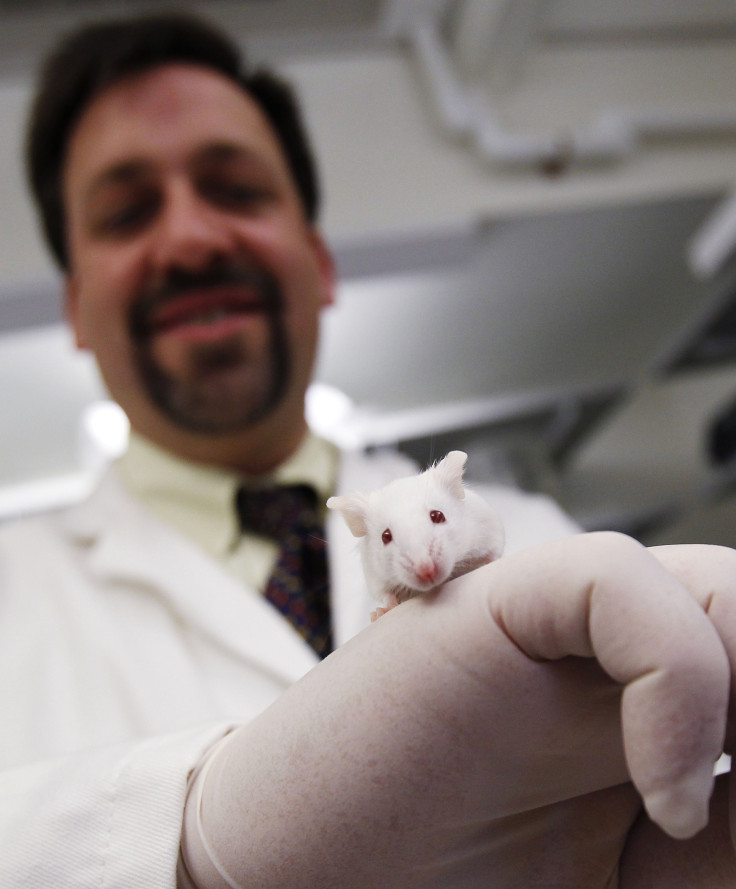Cure For Dementia? Umbilical Cord Blood Revitalizes Brain Function, Study Finds

It turns out the young have something else the elderly do not after a scientific finding, which sounds like something out of a vampire fable, was published by researchers at Stanford University School of Medicine.
The research, which was first published in Nature Wednesday, revealed that a protein found in umbilical cord blood from human newborns is a protein that disappears as we grow older. Researchers revealed that injecting cord blood into older mice could actually help to restore brain function. The study’s findings were taken from trials with mice and revealed that the plasma of younger mice had neurological benefits on older mice, who were said to have performed better on memory tests and learning tests.
“Neuroscientists have ignored it and are still ignoring it, but to me it’s remarkable that something in your blood can influence the way you think,” Tony Wyss-Coray, PhD, professor of neurology and neurological sciences and the study’s senior author, said.
Read: Is Coffee Good For You? Caffeine Prevents Dementia and Alzheimer's, New Study Suggests
Researchers found that a specific change in the number of proteins found in plasma could be identified between groups ranging from 19 to 24 years of age and 61 to 82 year-olds. The changes affect a brain structure in both humans and mice called hippocampus. Hippocampus is what helps convert activities and experiences into longer memories. An example here would be recalling autobiographical information, like what you can recall doing in a day. The hippocampus is what undergoes degeneration over time and is also an early indicator of Alzheimer’s disease, according to the study.
With the positive results of the blood on older mice, the authors of the study considered that the same benefits could extend to human patients.
A specific protein called TIMP2 was found to mimic the same beneficial results as the umbilical cord blood.
“TIMP2’s effects in the brain have been studied a little, but not much and not in aging,” Dr. Joseph Castellano, an instructor of neurology and neurological sciences at Stanford and a study author, said. “In our study, it mimicked the memory and learning effects we were getting with cord plasma. And it appeared to do that by improving hippocampal function.”
The benefits of cord blood cells have been touted in the past, as they are “biologically younger and more flexible.”
© Copyright IBTimes 2024. All rights reserved.












